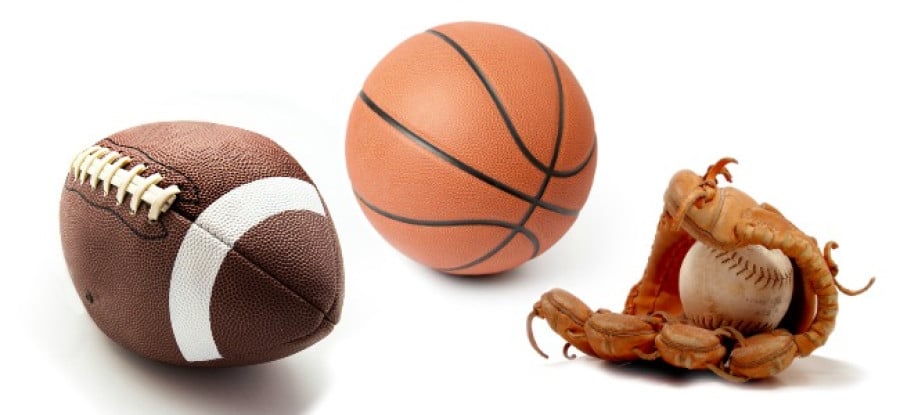The integrity of education in college sport: does the NCAA model compromise athlete welfare?

Canadian Interuniversity Sport (CIS) is the national organization that oversees postsecondary amateur athletics in Canada. With approximately 12,000 male and female student athletes and 700 coaches, CIS represents 56 Canadian degree-granting universities who vie for 21 national championships each year in 12 sports.
In June 2016, CIS announced that it wanted to “rethink” the way that it conducts the business of university sport in Canada.1 In particular, CIS wants to increase the national exposure of college sports in Canada on television, local media, and attendance. While the CIS did not specifically mention modeling itself on the National Collegiate Athletic Association (NCAA) - the organization that regulates college athletics in the US - it is easy to believe that they will be looking south to copy certain aspects of the US model. However, as this article explores, they would do well to pause for thought and consider how to address the scandals and exploitation that have accompanied the NCAA’s undoubted financial achievements.
The NCAA model
The financial benefits of the NCAA system are plain to see. The NCAA distributes its revenues, the majority of which come from its $10.8 billion contract for rights to broadcast the Men’s Division I Basketball Championships, to member conferences and institutions. Teams and conferences that excel in the tournament are generously rewarded, such as colleges in the “Power Five” Conferences – the ACC, Big Ten, Big 12, Pac-12, and SEC. It should be noted that the NCAA only controls the television revenue for the NCAA Basketball Tournament, which it distributes to the conferences based on how many games the schools in each conference plays. The NCAA has no control over football revenue. The conferences contract directly with the television networks and generally distribute that revenue equally among all the schools in the conference.2 As a result, the schools in the Power Five Conferences, because they have the largest most successful teams, are able to generate substantially more revenue than the non-Power Five conferences.
For example, during the 2014-15 academic year, college athletics generated over $2 billion dollars for the Power Five Conferences. The Atlantic Coast Conference (ACC) distributed over $403.1 million in revenue to its 14 full-time member schools.3 Of that total, ACC member Syracuse University (the author’s home) received $24 million. Although that amount was below the $26.4 million average distributed to members Syracuse did not play in a football bowl game in 2015 and missed the 2015 NCAA Basketball Tournament because of an academic scandal at the university involving basketball.4 Both of Syracuse’s men’s and women’s basketball teams advanced to the NCAA Final Four championships in 2016, and the university’s revenue share should increase next year. The average payout by the ACC to its schools however was only third out of the Power Five Conferences for 2014-15. The SEC distributed $31.2 million, followed by the Big Ten at $30.9 million, then the ACC. The Pac-12 paid out $25.1 million, and the Big 12 was last at $23.4 million.5
To continue reading or watching login or register here
Already a member? Sign in
Get access to all of the expert analysis and commentary at LawInSport including articles, webinars, conference videos and podcast transcripts. Find out more here.
- Tags: American Football | Athletics | Baseball | Basketball | Canada | Canadian Interuniversity Sport (CIS) | College Sports | Governance | National Collegiate Athletic Association (NCAA) | Regulation | United States of America (USA)
Related Articles
- The participation of trans athletes in sport – a transformation in approach?
- The effects of fighting in ice hockey: an overview of the ongoing NHL concussion litigation
- How effective is Major League Baseball’s new Domestic Violence Policy?
- Signing new talent: How the entry draft system works in the National Hockey League
Written by
John Wolohan
John Wolohan is an Attorney and Professor of Sports Law in the Syracuse University Sport Management program and an Adjunct Professor in the Syracuse University College of Law. In addition to being one of the lead editors of the book "Law for Recreation and Sport Managers" by Cotten and Wolohan, John has been teaching and working in the fields of doping, antitrust, gaming law, and sports media rights for over 25 years.

 Global Summit 2024
Global Summit 2024